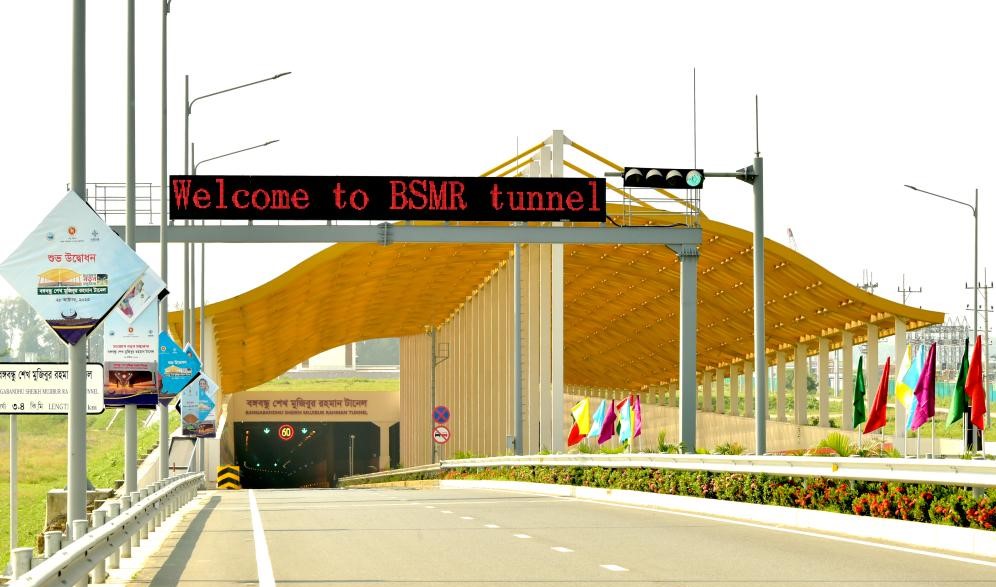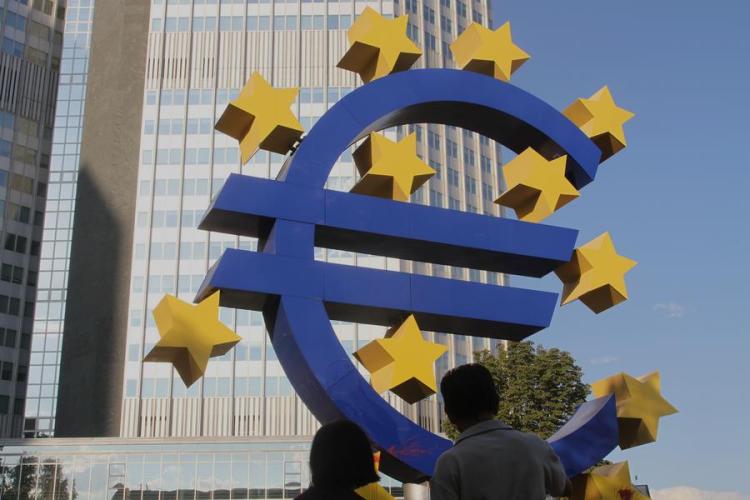Israel launched intense bombardments on Gaza’s southern city of Rafah on Friday, following the collapse of truce talks between Israel and Hamas in Cairo on Thursday, further worsening the desperate situation.
Around 110,000 people have fled Rafah as Israeli bombardment intensifies, according to the United Nations Relief and Works Agency for Palestine Refugees in the Near East (UNRWA). Ten out of its 34 medical points in Rafah were forced to close and its three operational health centers in the area are running at reduced capacity, UNRWA said.
Approximately 1.4 million people, more than half of Gaza’s population, are sheltering in Rafah amid ongoing hostilities between Israel and Hamas, according to the UN. Most residents are in makeshift shelters or tents, lacking access to clean drinking water, adequate food and medical supplies. This crisis is compounded as heavy fighting on the outskirts of Rafah between Israeli forces and Palestinian militants has rendered aid crossings inaccessible.
On Friday, Hamas announced plans to consult with leaders from other Palestinian factions to reassess its ceasefire negotiation strategy amid the ongoing conflict. The group’s statement highlighted that Israel’s rejection of the ceasefire proposal has thwarted all efforts to establish peace. It also accused Israel of avoiding a ceasefire by continuing military operations in Rafah and seizing control of the Palestinian side of Rafah’s border crossing, even after accepting the mediators’ proposal.
Situation in Rafah on ‘knife’s edge’
An Israeli ground attack in Gaza’s Rafah could result in an “epic humanitarian disaster,” UN Secretary-General Antonio Guterres cautioned on Friday, following the failure of truce negotiations in Cairo to reach an agreement.
“A massive ground attack in Rafah would lead to an epic humanitarian disaster and pull the plug on our efforts to support people as famine looms,” Guterres said at a news conference in the Kenyan capital of Nairobi. He described the situation in the southern Gazan city as “on a knife’s edge.”
He also stated that the UN is working with all parties to resume delivering life-saving aid, including urgently needed fuel, through the Rafah and Kerem Shalom crossings.
UN addresses Palestine’s bid for membership
On Friday, the UN General Assembly (UNGA) adopted a resolution supporting the Palestinian bid for full UN membership by recognizing its qualifications and recommending that the Security Council “reconsider the matter favorably.” The resolution was adopted with 143 votes in favor and nine against, including the United States and Israel, with 25 countries abstaining.
Proposed by the United Arab Emirates (UAE) on behalf of 22 Arab countries and co-sponsored by about 65 states, the resolution affirms that “the State of Palestine is qualified for membership in the United Nations in accordance with Article 4 of the Charter and should therefore be admitted.”
UAE’s permanent representative to the UN, Mohamed Abushahab, emphasized, “The vast majority of countries in the General Assembly are fully aware of the legitimacy of the Palestinian bid and the justness of their cause, which faces fierce attempts to suppress it and render it meaningless today.”
Saudi Arabia’s permanent representative to the United Nations, Abdulaziz Alwasil, said that “The resolution presented today is fully in line with those resolutions. It seeks to implement the will of the international community and contribute to building true peace in the Middle East based on the two-state solution.”
Also, Iran’s ambassador and permanent representative to the UN, Amir Saeid Iravani, expressed his country’s support and approval for the resolution through the official news agency IRNA.
In contrast, after the vote, Israel’s permanent representative to the United Nations, Gilad Erdan, accused the assembly of trampling on the UN Charter.
An application for full UN membership requires approval from the 15-member Security Council before proceeding to the General Assembly. Al Jazeera reported that the 193-member UNGA’s vote functioned as a global survey of support for the Palestinian bid for full membership, which would recognize a Palestinian state. This follows a U.S. veto in the Security Council last month.
Meanwhile, the Biden administration on Friday expressed concerns over Israel’s use of U.S.-supplied weapons during its military operation in Gaza, suggesting potential violations of international humanitarian law. However, the administration refrained from providing a definitive assessment, citing the chaotic conditions in Gaza as a challenge to verifying specific violations.
This conclusion was part of a State Department report to Congress, mandated by a new National Security Memorandum that President Joe Biden issued in early February.
Source(s): CGTN



 Business7 days ago
Business7 days ago
 News4 days ago
News4 days ago
 News6 days ago
News6 days ago
 Business6 days ago
Business6 days ago
 News7 days ago
News7 days ago
 News3 days ago
News3 days ago
 News4 days ago
News4 days ago
 News4 days ago
News4 days ago















